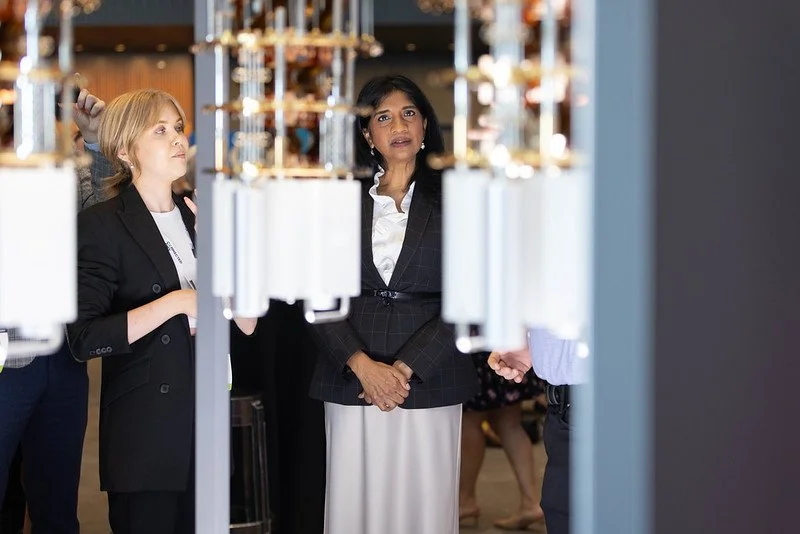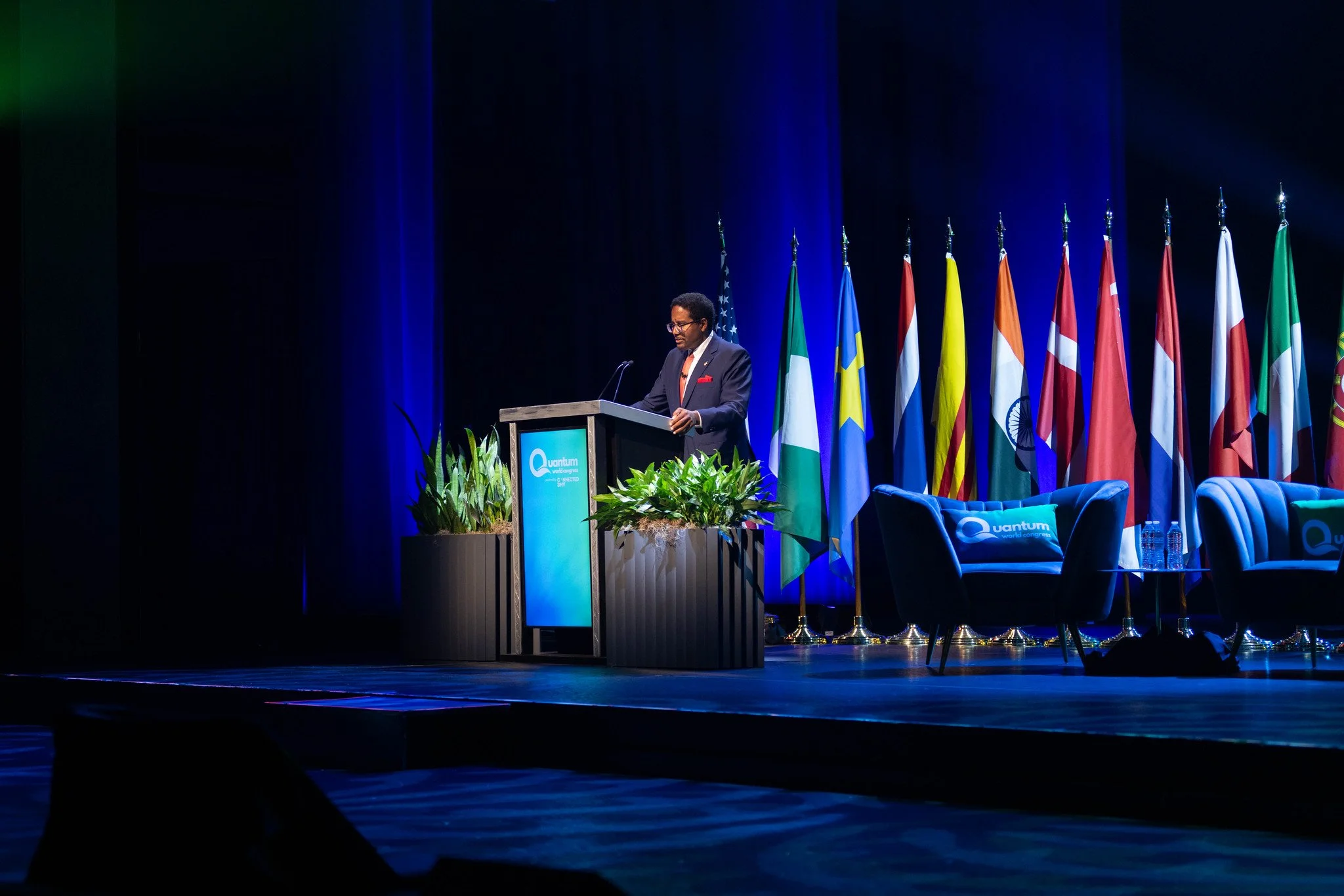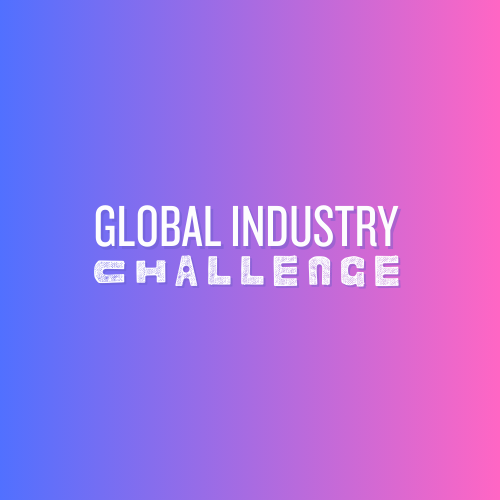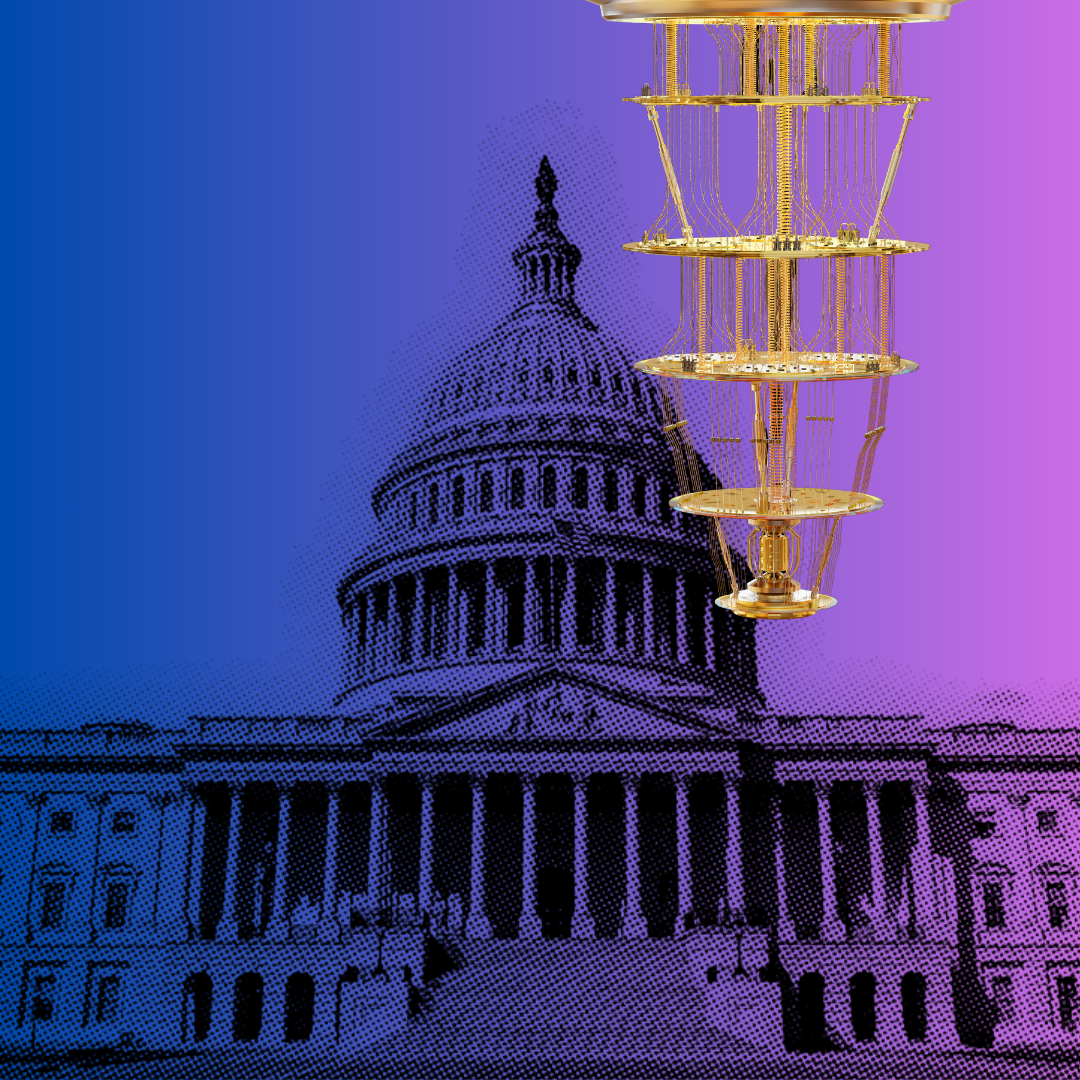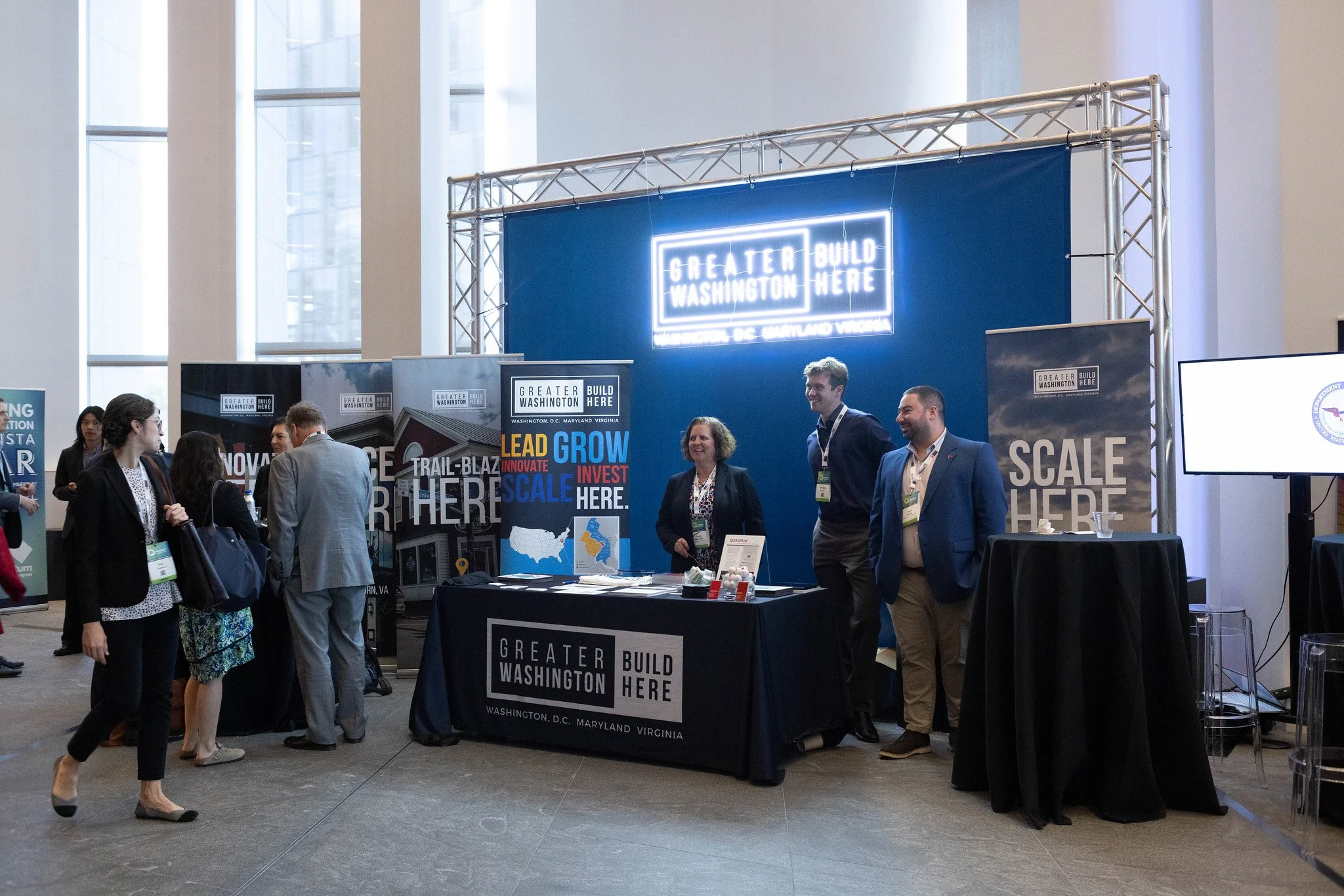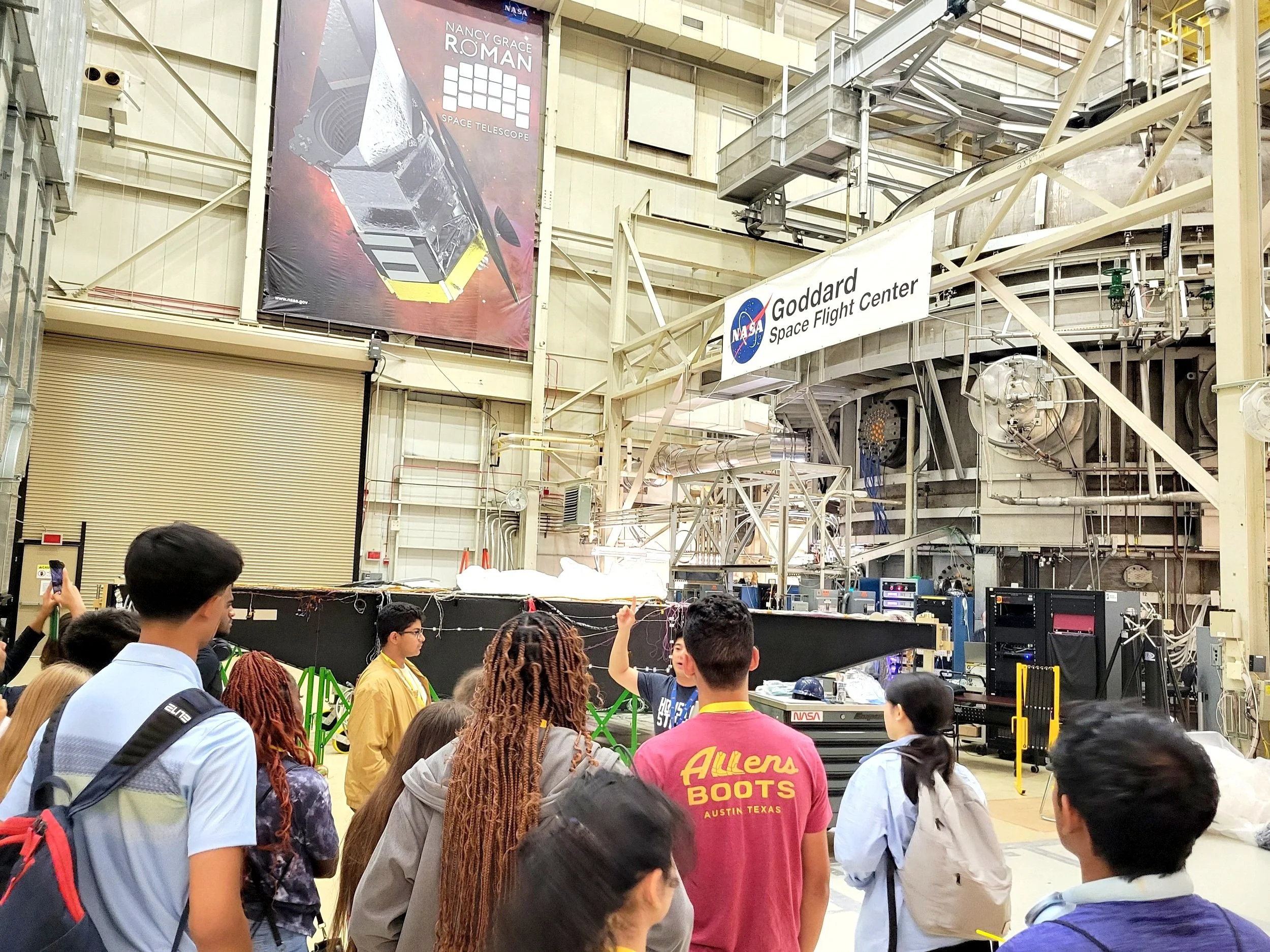
We’re The Engine of Next
The future isn’t written in whitepapers. It’s built here. Connected DMV unites Greater Washington’s talent, innovation, and influence to build the industries, infrastructure, and alliances that will define the next economy.
The future doesn’t stop at jurisdictional boundaries—and Neither Do We
WHO WE ARE
Connected DMV is where government, business, academia, and community leaders from across the District, suburban Maryland, and Northern Virginia join forces to build what’s next. We drive initiatives that cross silos, accelerate innovation, and make Greater Washington a global leader in the industries that will define the next economy.
We don’t just imagine the future. We build it—together.
Maryland Lieutenant Governor Aruna Miller with IBM at Quantum World Congress 2024
It’s a Blueprint for Greater Washington’s future
WHAT WE BUILD
Dr. Darryll Pines, President of the University of Maryland at Quantum World Congress 2024.
From idea to industry, we make the leap—positioning Greater Washington at the center of high-growth, high-impact markets. In quantum, the Potomac Quantum Innovation Center is establishing the region as the global epicenter for breakthroughs in science and technology, with Quantum World Congress bringing the world’s leading minds together here each year to accelerate innovation, investment, and collaboration.
In space, the Commercialization of Space Initiative and our annual spaceNEXT gathering are shaping the space-for-space economy—driving advancements in orbital manufacturing, in-space research, and deep-space logistics. And in regional growth, Greater Washington RISE is uniting governments, industry, academia, and community leaders behind a bold, cross-sector economic strategy and telling our unified story to the world, positioning the Greater Washington region as the place where talent, investment, and innovation converge.
IN THE NEWS
The Work that’s defining what’s next
OUR WORK IN MOTION
Connected DMV’s initiatives aren’t concepts on paper — they’re active, high-impact efforts already shaping the future of Greater Washington. From building new industries to uniting the region around a shared vision for growth, this is what progress looks like in real time.
If it’s next, it’s here in Greater Washington
WHY HERE
Everyone thinks they know Washington. But Greater Washington? This is where the future is built.
In a world that rewards speed, scale, and influence, our region has it all—world-class talent, leading research institutions, unmatched proximity to policymakers, and a dense network of innovators and global partners. From quantum to the commercialization of space, the industries that will define the next economy are already taking shape here. Other regions react to change. Greater Washington shapes it.
The region’s economic develop organizations at QWC under the shared regional brand, Greater Washington: Build Here.
Students taking part in the 2025 Pathways to Quantum Summer Immersion Program.
The Next Economy belongs to the regions bold enough to build it
GET INVOLVED
One thing’s certain: the next economy won’t build itself. Greater Washington has the talent, the ideas, and the influence to lead — and Connected DMV is the engine turning that potential into action.
No single sector — or single jurisdiction — can do it alone. That’s why we bring together government, business, academia, and community leaders to move as one. If you’re ready to help shape the industries, infrastructure, and partnerships that will define the next economy, we want you with us.

